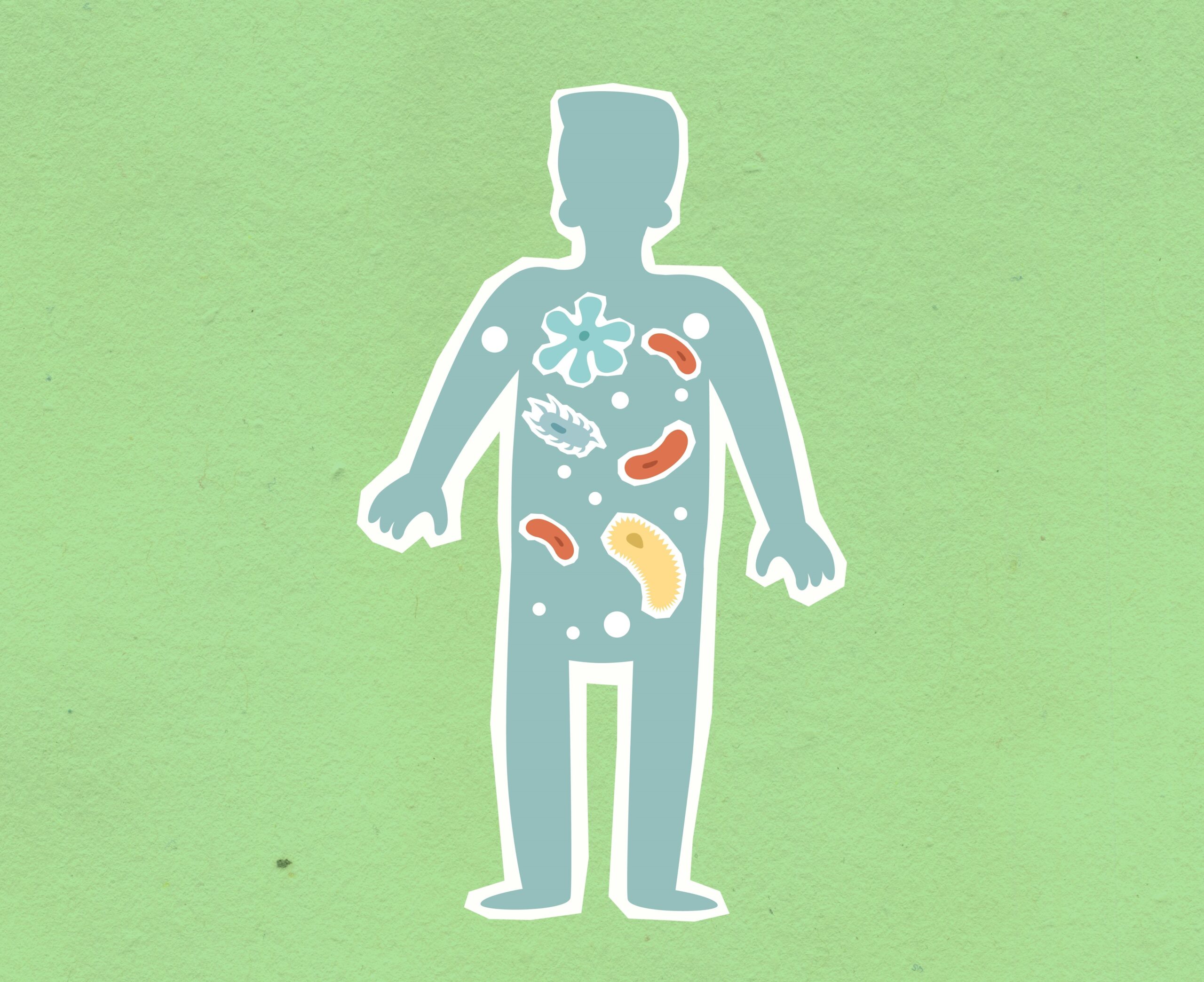In recent years, scientists and health experts alike have been fascinated by the incredible world of the microbiome. This complex ecosystem, primarily located in your gut, plays a pivotal role in maintaining overall health and well-being. But what exactly is the microbiome, and how can you optimize it for better gut health?
What is the Microbiome?
The term microbiome refers to the trillions of microorganisms, including bacteria, viruses, fungi, and other microbes, that live in and on the human body. These microscopic organisms are found in various parts of the body, such as the skin, mouth, and even the lungs. However, the most diverse and densely populated microbiome resides in the gut.
The gut microbiota, the community of microorganisms living in your digestive tract, is crucial for digestion, immune system function, and even mental health. When balanced, this ecosystem supports optimal health. However, when the microbiota is disrupted—by poor diet, illness, or medication—imbalances can occur, leading to various health problems.
The Role of the Gut Microbiota in Health
- Digestion and Nutrient Absorption: The gut microbiota helps break down complex carbohydrates, fibers, and certain proteins that your body would otherwise struggle to digest. This process is vital for extracting nutrients like vitamins and minerals from food.
- Immune System Support: A healthy microbiome strengthens the immune system, acting as a barrier against harmful pathogens. It also trains immune cells to differentiate between good and bad bacteria, reducing the risk of infections and autoimmune diseases.
- Mental Health Connection: Did you know that your gut health directly impacts your mood and mental well-being? Known as the gut-brain axis, this connection highlights how an imbalanced microbiome can contribute to anxiety, depression, and cognitive issues.
- Weight Management: Research suggests that an optimal balance of gut bacteria may influence metabolism and play a role in preventing obesity. Certain bacteria promote the storage of fat, while others help regulate the energy you extract from food.
How to Optimize Your Gut Microbiome
- Eat a Diverse Range of Foods: A varied diet is key to a diverse microbiome. Include plenty of fruits, vegetables, legumes, and whole grains in your diet to promote the growth of different types of beneficial bacteria.
- Increase Fiber Intake: Fiber-rich foods, like oats, beans, and leafy greens, act as prebiotics, providing the food needed for beneficial gut bacteria to thrive.
- Consume Fermented Foods: Fermented foods such as yogurt, kefir, sauerkraut, and kimchi contain probiotics—live beneficial bacteria that can help restore the balance of your gut microbiota.
- Reduce Processed Foods and Sugars: Processed foods and added sugars can lead to the growth of harmful bacteria in the gut. Try to minimize these in your diet to maintain gut health.
- Manage Stress: Chronic stress can negatively affect the microbiome, reducing the number of beneficial bacteria. Incorporating mindfulness practices like meditation, deep breathing, or yoga can support both mental and gut health.
- Exercise Regularly: Physical activity boosts the diversity of gut bacteria, supporting overall health. Even moderate exercise, like walking or swimming, can improve the microbiota composition.
Microbiome and Chronic Disease
Recent studies link an imbalanced microbiome to a variety of chronic conditions, including:
- Inflammatory Bowel Disease (IBD): Conditions like Crohn’s disease and ulcerative colitis are associated with an altered gut microbiota, which contributes to inflammation.
- Diabetes: Changes in the microbiome are seen in people with both type 1 and type 2 diabetes. A healthy microbiota may help regulate blood sugar levels and reduce the risk of diabetes-related complications.
- Heart Disease: Gut bacteria can influence heart health by affecting cholesterol levels and promoting inflammation in blood vessels.
The Future of Microbiome Research
The study of the human microbiome is still in its infancy, but its potential is vast. Personalized microbiome therapies could soon become a reality, helping to treat diseases by modifying gut bacteria. From fecal transplants to advanced probiotics, the future of gut health holds promise for tailored treatments that target the root cause of various health issues.
Final Thoughts on Gut Health and the Microbiome
Your microbiome is an intricate and powerful system that plays a crucial role in your overall well-being. By making small adjustments to your diet and lifestyle, you can cultivate a healthy gut environment that supports digestion, immunity, mental health, and more. As research continues to evolve, it’s clear that prioritizing your gut health is one of the best investments you can make for long-term vitality.
Optimize your microbiome today, and let your gut health thrive!

